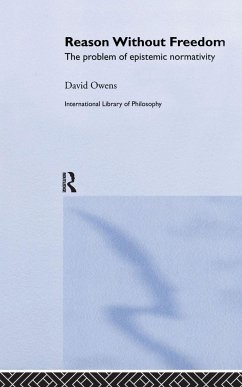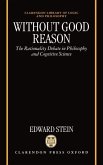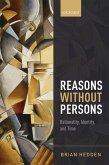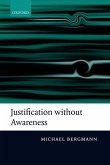We call beliefs reasonable or unreasonable, justified or unjustified. What does this imply about belief? Does this imply that we are responsible for our beliefs and that we should be blamed for our unreasonable convictions? Or does it imply that we are in control of our beliefs and that what we believe is up to us? "Reason Without Freedom" argues that the major problems of epistemology have their roots in concerns about our control over and responsibility for belief. Owens focuses on the arguments of Descartes, Locke and Hume--the founders of epistemology--and presents a critical discussion of the current trends in contemporary epistemology. He proposes that the problems we confront today - skepticism, the analysis of knowledge, and debates on epistemic justification can be tackled when we have understood the moral psychology of belief.








